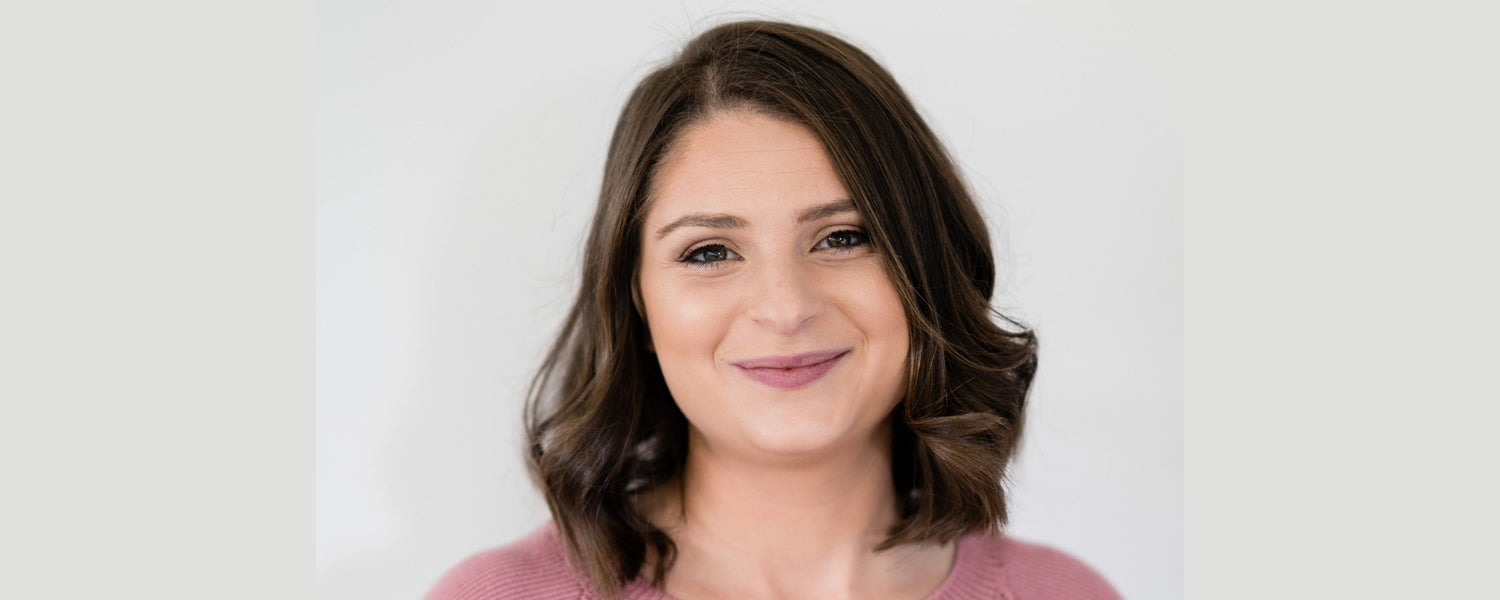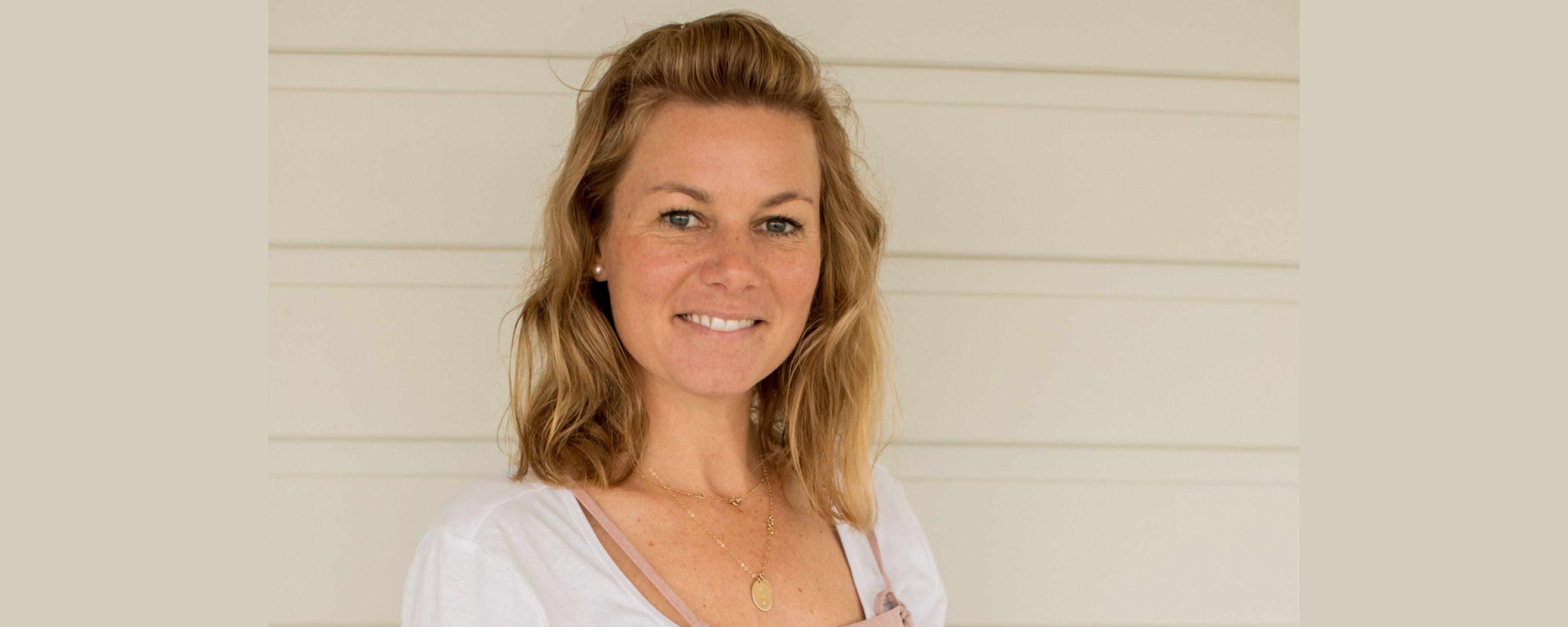There’s a lot of well-meaning but often conflicting advice to navigate as a parent. All of us will have totally different experiences when it comes to sleep, breastfeeding and everything in between. So, it’s always important to find what works for you and your family.

Finding ways to settle bub and give them the rest they need to grow and thrive will probably involve plenty of trial and error. Plus, what works one day might not work the next (and that’s totally okay!).
In this edition of The Circle, we’ve chatted with Jessica Kahan, a Registered Midwife, an International Board Certified Lactation Consultant, and a Neurodevelopmental Care Practitioner.
Jess is the founder of Holistic Lactation Consulting, which supports mothers and their babies with personalised care throughout their breastfeeding journey, along with providing sleep support to both breastfeeding and non-breastfeeding families.
Keep reading to discover how breastfeeding can be used as a sleeping tool, how much sleep babies need and so much more.
Using breastfeeding and feeding as a sleeping tool
While no two nights are the same, our babies can create positive associations when it comes to what helps them fall to sleep. For some, settling can involve music, dummies, or cuddles and for others a helpful way to soothe a baby to sleep is breastfeeding or bottle feeding.
While there can be strong opinions about whether or not to use feeding as a sleep tool, it’s important to find what works best for you and your baby.
Jessica is an advocate for the Possums-based approach to sleep, which helps parents understand their baby’s circadian rhythm and learn practical sleep strategies that work with each child’s biology.
This approach uses breastfeeding as one strategy to assist with helping babies fall asleep. The program doesn’t teach a rigid sleep schedule to parents or focus on tiredness cues. Instead, the Possums approach is about understanding how much sleep your baby needs and understanding natural ‘sleep pressure’ to help babies fall asleep. Sleep pressure is an unconscious biological response that makes us want to go to sleep. Without enough sleep pressure, we (adults and babies alike) won't be able to settle easily or sleep for long. Factors such as light and dark, the environment we sleep in, and how tired we are all affect our sleep pressure.
Jessica also mentions that feeding to sleep can be a practical way to prevent breastfeeding challenges such as mastitis as it may help ensure that our breasts are completely drained after each feed.
Parents can be discouraged from feeding to sleep for a variety of reasons. “There is that fear that if we feed babies to sleep that mums will be the only person who can put them to sleep, which just isn't the case. Babies can fall asleep in lots of different ways,” explains Jessica.

How much sleep do babies need?
Jessica explains that every baby has different sleep patterns and needs, and these can change as they grow up, too.
“Some babies can need as little as 9 hours in a 24 hour period, and others can need as much as 18 hours of sleep,” tells Jessica.
While guidelines exist about how long your baby should sleep depending on their age, every bub is different. Jessica is quick to remind parents not to put too much pressure on ourselves to hit specific hours per day and instead focus on developing sustainable sleep patterns.
If bub is wakeful and content, there’s a good chance they’re getting enough sleep.
What to keep in mind when navigating sleep
Jessica encourages mamas to find a balance that works for them, and to let their babies’ sleep regulators take effect.
She sees some of the best success when babies’ sleep pressure rises and they’re able to fall asleep quickly on their own. Plus, Jessica mentions that being outdoors can be helpful to help babies calm and settle themselves.
“We can have really fun evenings, particularly during daylight savings... we can go to the park after dinner or go for a walk around the block or do things that are fun with the family so that babies are actually tired,” tells Jessica.
Remember: take what advice feels right for you, and leave what doesn’t. You know what’s best for your family, so always listen to yourself and your gut.
If in doubt, please always consult your healthcare professional.






